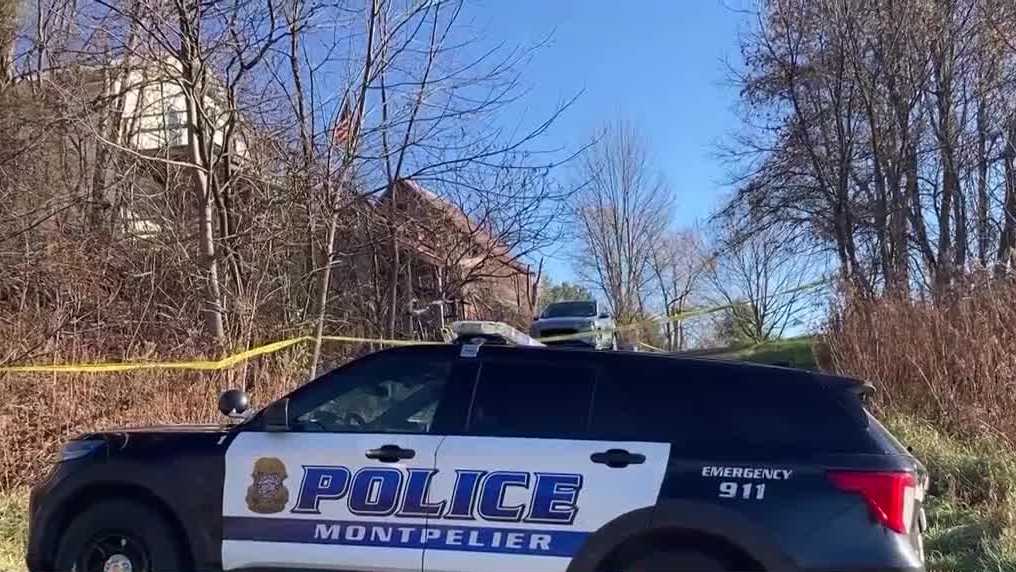Representatives of school districts from more than a dozen Vermont communities learned about a new kind of school bus Tuesday: one that is yellow on the outside and "green" under the hood.
The utility Green Mountain Power and energy efficiency proponents at the Vermont Energy Investment Corporation organized an event to help start conversations about whether electric school buses can, long-term, help towns cut greenhouse gas emissions and save on fuel.
"About 30 percent of the fossil fuels that get consumed in our country get consumed by transportation," said Jeff Monder of Green Mountain Power. "We've made great progress, but we've got to continue to wean ourselves off fossil fuels."
Lion Bus of Quebec told the school transportation managers in attendance that the manufacturer sees huge growth potential in the segment.
"This is the next step for us," said Marc-André Pagé of Lion Bus. "It's going to be a niche market for the next five to six years, but obviously, everybody's going to get there, that's what we think."
The school district representatives took part in a test ride Tuesday in downtown Montpelier.
They learned the buses have an approximately 75-100 mile range, and a regenerative braking system that can help stretch the distance the buses can travel between charges back at their home bases.
Vermont
The latest news from around the state
Lion Bus said because most school buses travel a predictable route every day, it makes them the perfect kind of vehicle to run on rechargeable lithium-ion batteries.
The buses are so quiet, they play music at slow speeds to not catch anyone off guard.
But it's not an easy sell. The buses are $325,000 each; roughly three times the cost of a diesel model.
The manufacturer pointed to potential savings on fuel and maintenance.
"A lot of questions to answer, yet," said Patsy Parker of the Fairfax School District, who attended Tuesday's demonstration. "There's a lot of money involved. And without incentives and grants, our little school system is probably not going to be able to do anything about it, even if we do like them."
The Massachusetts Department of Energy Resources recently awarded grants to launch a pilot project in four communities in the Bay State: the Acton-Boxborough Regional School District, Amherst Public Schools, Cambridge Public Schools and Concord Public Schools.
A similar effort is in the preliminary planning stages for Vermont, Green Mountain Power and the Vermont Energy Investment Corporation explained.
The Massachusetts pilot will look at how the vehicles function in cold climates, offer a cost-benefit analysis, and test whether bus batteries are an effective mobile power source in emergencies, VEIC said.
"These electric school buses will reduce the use of petroleum fuel and create momentum for reducing greenhouse gas emissions in school districts across the state," Massachusetts Energy and Environmental Affairs Secretary Matthew Beaton said in a news release when the grants were announced. "With this pilot project, Massachusetts continues its leadership in advancing clean energy technology and reducing greenhouse gas emissions."
With the complex questions to answer about the effectiveness of electric buses, it’s the adults who have a lot of homework to do about the future of school transportation.



